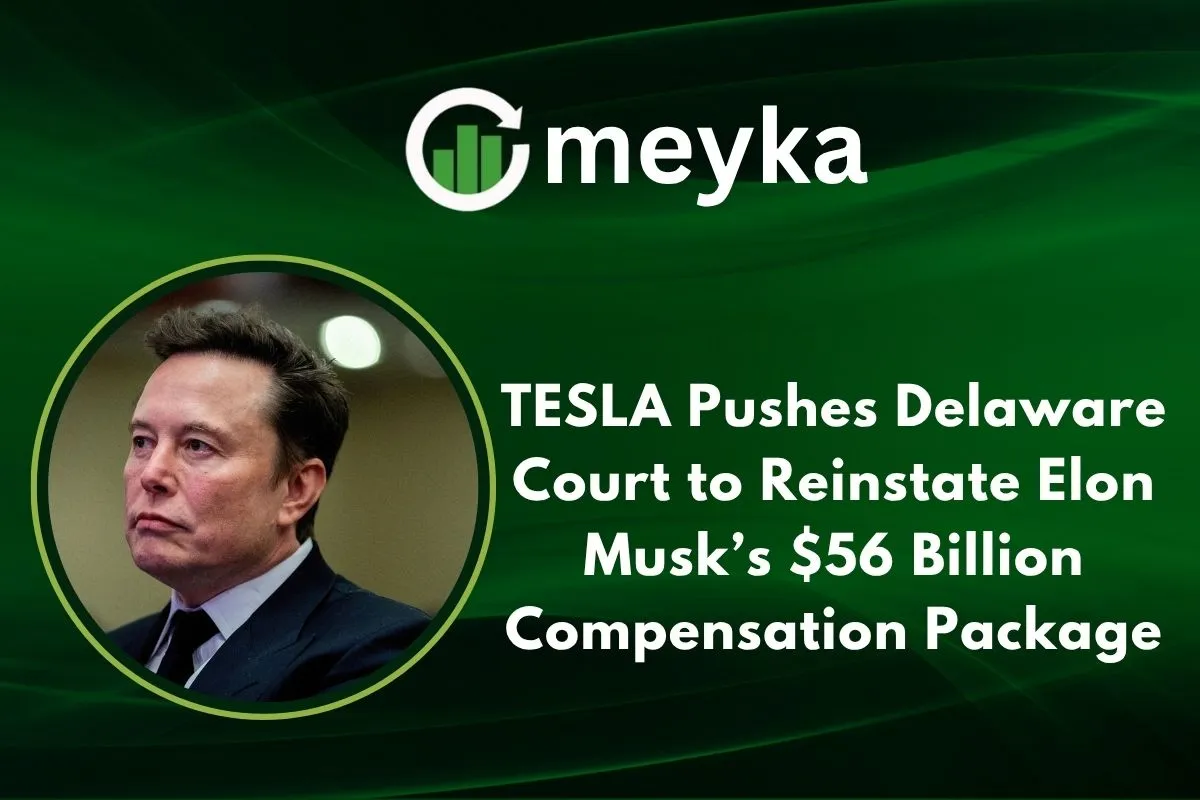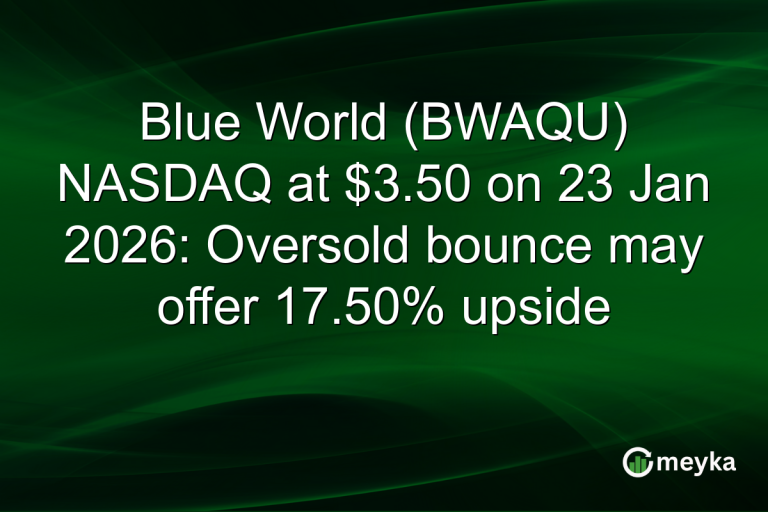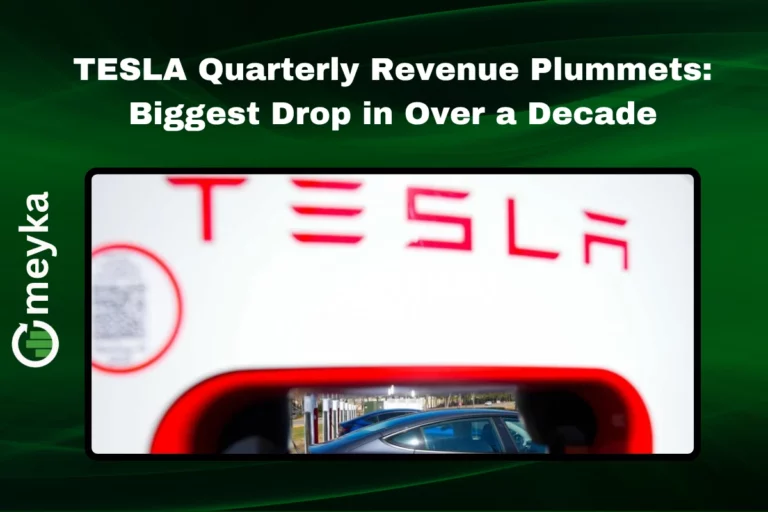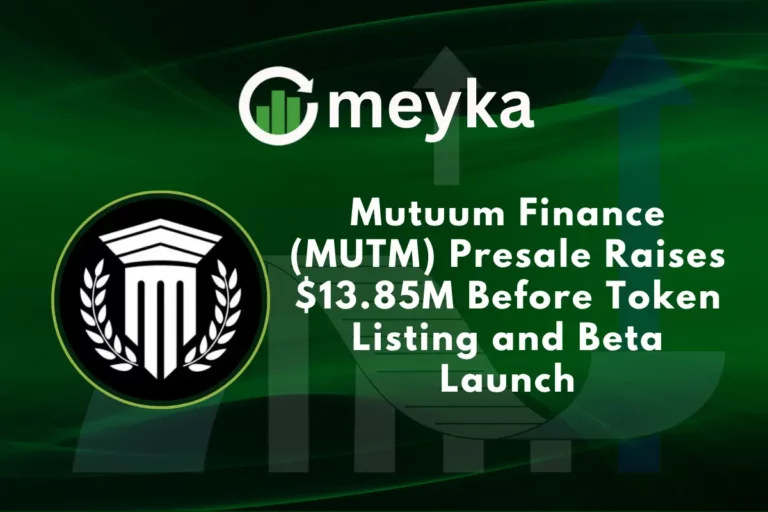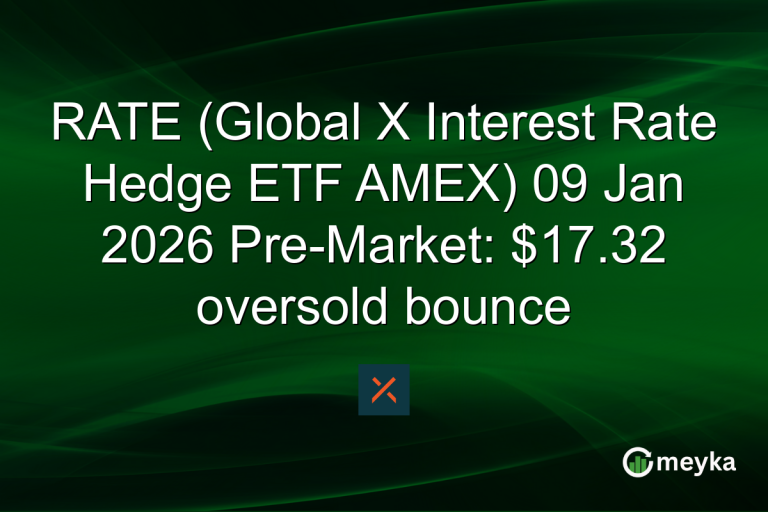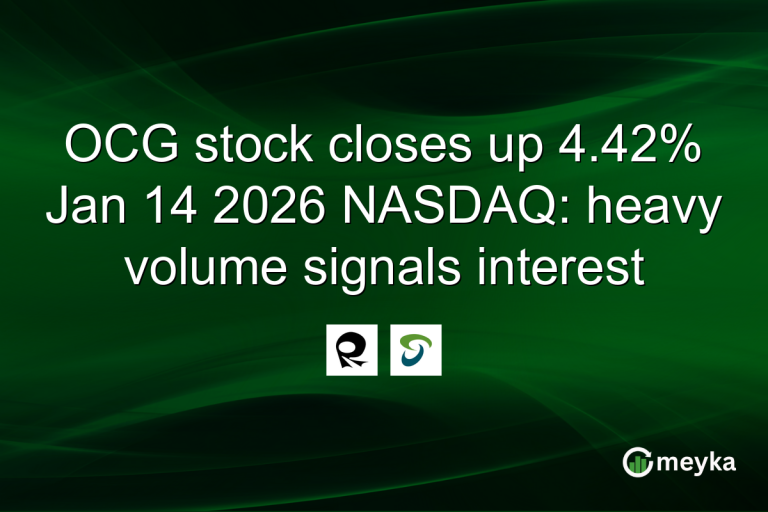TESLA Pushes Delaware Court to Reinstate Elon Musk’s $56 Billion Compensation Package
Tesla is again in the spotlight over Elon Musk’s massive pay deal. The company is asking the Delaware Supreme Court to restore the $56 billion compensation plan that was voided in 2024. The legal battle has reached a critical moment. Its outcome could reshape rules about executive pay, board power, and how much control shareholders really have.
Background of the $56 Billion Pay Package
Back in 2018, Tesla’s board proposed an ambitious compensation plan for Musk. He wouldn’t get a salary. Instead, he would earn stock options only if the company hit many performance goals, like revenue targets, profitability, and stock value. Shareholders overwhelmingly approved it.
The idea was that Musk’s success would be directly linked to Tesla’s success. If the goals were met, the payout could be about $56 billion at the time. Later, because Tesla’s stock shot up, the value of those options grew much higher. The plan also helped cement Musk’s reputation as a CEO with unmatched influence and big risk.
Delaware Court’s Initial Ruling
In January 2024, Chancellor Kathaleen McCormick of the Delaware Court of Chancery struck down the pay package. She said the Tesla board lacked independence and that shareholders had not gotten full information before the 2018 vote. She applied a tough legal test known as “entire fairness.” That means strict scrutiny over deals involving controlling shareholders.
McCormick also rejected a later shareholder vote (in 2024) meant to reinstate the package. She said that the note couldn’t cure the earlier flaws. So the compensation plan was declared void. That led Tesla and Musk to appeal.
Tesla’s Push for Reinstatement
Now, Tesla is pushing back. In court filings, the company argues that shareholders already approved the plan once, and thus it should stand. Tesla says Musk met the performance goals. They insist that reversing the deal would undo the value created for investors.
Tesla’s attorneys also argue that McCormick’s decision undermined shareholder rights. They caution that if courts can void big compensation deals after the fact, many boards will be reluctant to make bold decisions. Meanwhile, opposing counsels warn that reinstating flawed deals would encourage endless litigation. They say the ruling must stand to preserve legal stability.
Shareholder Sentiment and Corporate Governance Debate
We see strong divisions among investors. Some believe Musk deserves such rich rewards because of Tesla’s growth under his direction. Others fear that such huge pay opens doors to too much power and abuse.
Critics warn that excessive compensation undermines trust and tilts corporate governance in favor of star executives. Proponents say bold incentives are needed to attract and retain visionary leaders. This debate is especially heated at Tesla, given Musk’s public persona and multiple businesses.
For many, how this case ends will be a reference point. If Tesla wins, it could embolden boards to approve audacious pay packages. If it loses, courts may take more power to review executive pay across many U.S. firms.
Financial and Market Implications
If the court reinstates the package, Tesla’s stock could surge, driven by clarity and confidence among investors. But if it fails, uncertainty could rattle markets. Already, Tesla has approved a new $29 billion share award to Musk to keep him tied to the company while the legal fight continues. That new award will be canceled if the original $56 billion deal is reinstated.
Analysts are watching how Wall Street reacts. Some say this case will set benchmarks for pay practices across tech, automotive, and high-growth sectors. Others warn that a badly decided precedent could scare investors or deter bold investments.
What’s Next
Oral arguments have now reached the Delaware Supreme Court. The justices will decide whether to reverse the Chancery decision, uphold it, or send it back for further review. If the original pay deal is reinstated, Musk and Tesla could claim billions in back pay. If it stays void, Tesla may rely on its new share award or propose a fresh compensation plan.
Also on the table: whether Delaware’s corporate laws need reform. Some companies have relocated from Delaware, a trend called “DExit”, citing court hostility to executives. We might see legal changes to protect controlling shareholders from similar suits in the future.
Conclusion
This fight over Musk’s pay is more than a personal payday. It touches on core issues of power, fairness, and the limits of corporate control. Tesla stands at a crossroads. The Delaware Supreme Court’s decision could reshape how boards reward leadership, and how much say courts or shareholders get in the process. Whatever happens, the outcome will echo across the business world and define the future of compensation and governance.
FAQS:
Yes, a Delaware judge canceled the plan in early 2024. The court said the board was not fully independent and shareholders were not given enough clear information before approving it.
The $56 billion package was a deal made in 2018. Elon Musk would only get the money if Tesla reached big goals in stock price, profit, and company growth.
A Tesla pay package is the way the company rewards its leaders. Instead of a regular salary, it often includes stock options, bonuses, and performance-based rewards tied to company success.
Disclaimer:
This content is for informational purposes only and is not financial advice. Always conduct your research.
